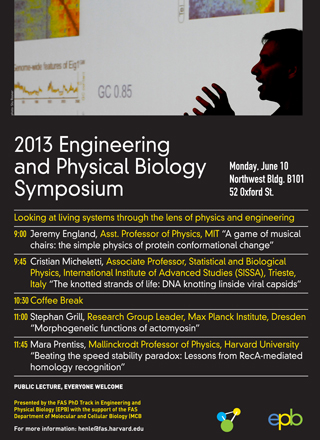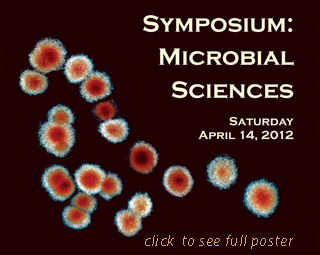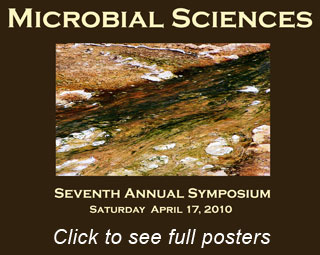A genetics symposium honoring “father of genetics” Gregor Mendel will be held on Saturday, May 4 from 8:30 am to 5:30 pm at the Geological Lecture Hall on…
Microbes (including bacteria, viruses, fungi, and protists) are ubiquitous on earth and affect every part of our lives. Yet they are mostly invisible, and the vast majority of…











